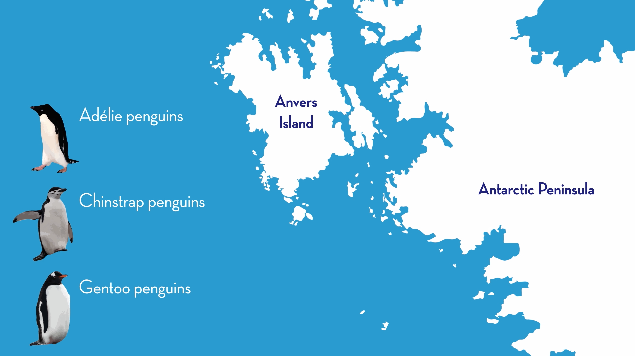The Long-Term Ecological Research site at Palmer Station, Antarctica, celebrates its 30th field season this year. Thanks to this long-running research program, scientists have consistently tracked environmental changes taking place along the Antarctic Peninsula, one of the fastest-warming regions on Earth, over the past several decades. Researchers have also seen how those changes have rippled through the food web, affecting everything from microscopic ocean plants and tiny crustaceans to penguins and other seabirds and marine mammals.
Data collected from the Palmer LTER helps researchers understand not only how climate change is disturbing the marine ecosystem of the Antarctic Peninsula, but also gives them an idea of what the coldest places on Earth might look like in the coming decades.
“I think the LTER is going to help guide us in understanding where the polar regions of this planet are going to go,” said Oscar Schofield, an oceanographer at Rutgers University and lead Principal Investigator of the Palmer LTER. “If you didn’t have this long-term dataset, you’re not in a position to understand why the ecology changes.”
Full article at The Antarctic Sun

